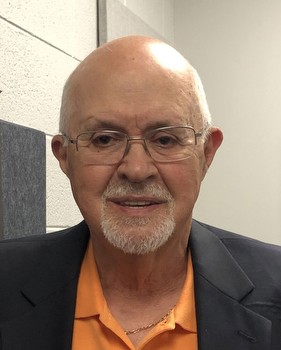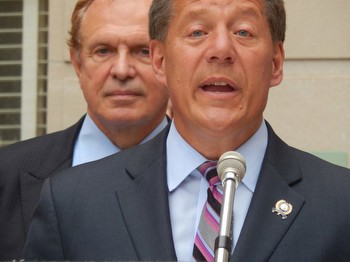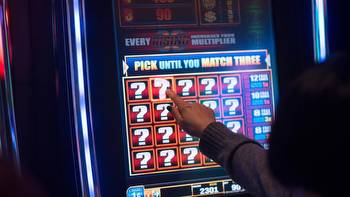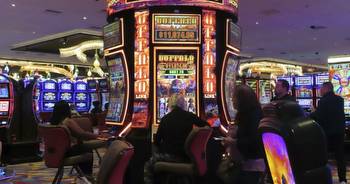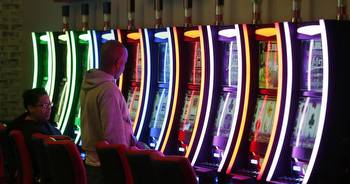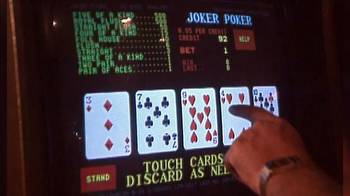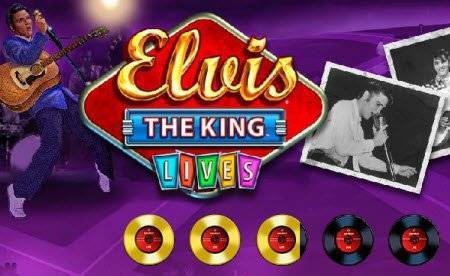Salinas seeks to direct federal dollars toward fighting gambling addiction

A gambling addiction, like drugs and alcohol, can wreck a person’s life as they spiral out of control. Someone can lose their house, job and family.
An Oregon study even found gambling addiction can be a factor that leads people into incarceration. Yet no federal funds are devoted solely to help prevent and treat problem gambling, even as federal officials plow money toward drug addiction treatment programs.
U.S. Rep. Andrea Salinas, D-Oregon, sees a need for the federal government to step up its efforts, especially as online sports betting grows across the U.S. and other types of gambling become more accessible compared to decades ago, when brick-and-mortar casinos and horse racing tracks dominated the gambling landscape.
The National Council on Problem Gambling estimates that nearly 7 million Americans suffer from a gambling addiction, costing the country $7 billion. In Oregon, an estimated 2.6% of adults experience moderate or serious problems with gambling, according to Oregon Health Authority statistics. An estimated 88,000 adults and adolescents in the state have a gambling disorder, and another 180,000 are at risk of developing a problem with gambling, according to health authority estimates.
Salinas is sponsoring a bill that would direct existing revenue toward gambling addiction treatment, prevention and research. The bill, introduced earlier this month, would create the first dedicated stream of funding towards the problem. Co-sponsored by U.S. Sen. Richard Blumenthal, D-Connecticut, the proposal would take half of the federal excise tax revenue from sports betting. It would go toward two purposes: 75% for addiction treatment and prevention programs in states, and 25% toward research.
In an interview with the Capital Chronicle, Salinas said it’s critical to take action.
“It’s always accessible, and you don’t have that kind of barrier of getting to a facility or a place where gambling is located,” Salinas said. “This could be 24 hours a day, 365 days a year. And the bets are endless that you could make. It’s worldwide and global. There has been a huge proliferation and thus a problem that I think we need to address before it really becomes an even larger societal problem.”
Salinas stresses that the bill would not raise any taxes and would simply draw half of the revenue from the existing excise tax on sports wagers. The federal government levies an excise tax of 0.25% on all money wagered on sports, which currently goes into the general fund with no designated purpose.
Online sports betting has continued to increase, from nearly $111 million in fiscal year 2021, up from nearly $39 million the year before.
State revenue currently plays a role in Oregon’s gambling addiction programs. One percent of Oregon Lottery revenues pay for problem gambling services in Oregon, which provides about $7.5 million annually for prevention and treatment services.
And advocates say federal money will help move that work forward and provide much-needed research to guide efforts to fight gambling addiction.
Gina Parziale, executive director of the Oregon Council on Problem Gambling, said the bill is needed and that the government needs to take responsibility as it benefits from the revenues.
“If you’re going to profit from gambling, it’s only responsible to make sure that some of the money that you’re making is going back to lessen the harm,” Parziale said in an interview with the Capital Chronicle.
Parziale said prevention is an important component, especially for young people.
“Now that internet sports betting is legal in Oregon, it’s really a whole new world out there,” Parziale said. “Young people, college students are sitting in their dorm rooms, betting on games on the weekends. We have a responsibility to provide them with financial literacy and guidance on how to participate in these activities in a safer way.”
Kitty Martz’s life spiraled out of control from problem gambling.
The Portland resident lost hundreds of thousands of dollars gambling on video lottery terminals. Once a human resources director for a large company, Martz reached the point where she was unemployed and relied upon government aid for food and housing.
“It cost my marriage, my life savings,” she told the Capital Chronicle. “I needed to go to inpatient treatment.”
She got help through Bridgeway Recovery Services in Salem and has been in recovery for 12 years. She said she found a new purpose as executive director of Voices of Problem Gambling Recovery, which provides education and training to people that help others overcome problem gambling.
“Now, my meaning in my life is to be able to speak to how much gambling harm happens, and how there are social costs that are correlated with it, that legislators seem to be overlooking,” she said. “If that’s loss of productivity, divorces, bankruptcies, theft, crime, the more the gambling addiction increases, the more that kind of thing is going to happen.”
A 2021 Oregon Health Authority study that surveyed about 1,000 inmates entering the Oregon Department of Corrections found that over a third has a problem with gambling. And about 8.3% of adults entering custody reported that gambling contributed to their incarceration. That ties problem gambling to about one in 12 adults in an Oregon prison.
At the same time, gambling options are easier to find than a dealer who feeds someone’s drug addiction, Martz said.
“If you’re addicted to fentanyl, you can move to a new neighborhood and it’s not going to be on your drive to work every day or next to your grocery store,” Martz said. “ There’s ways to deselect it from being in your circle of influence in your life.”
For Martz, her recovery is a blessing – and it’s not an easy path for people who make the journey out of addiction.
“Of the probably 300 people I’ve worked with, only a handful of them have ever really recovered from disordered gambling,” Martz said. “So, I feel incredibly blessed to be one of the few people that’s been able to kind of reclaim my life from gambling harm and go on to have it have some meaning. That usually is not the case. The recurrence rate is incredibly high.”








